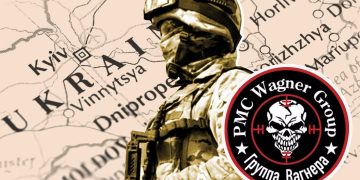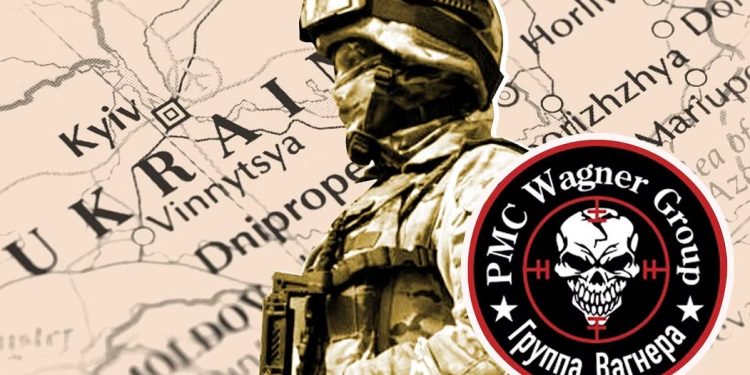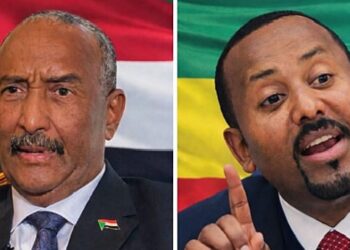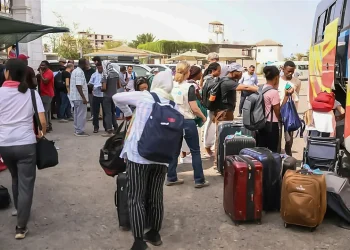By John Ikani
Russia has seemingly asserted direct control over the Wagner Group following months of internal conflicts between defense officials and the private military organization.
Deputy Defense Minister Nikolai Pankov announced on Saturday that “volunteer formations” would be required to sign contracts directly with the Ministry of Defense, indicating a clear intention to target the group.
However, Wagner’s leader, Yevgeny Prigozhin, vehemently opposed this move and declared that his forces would boycott the contracts.
Wagner has played a prominent role in the Ukrainian war, fighting alongside Russian forces.
Prigozhin, who harbors political aspirations of his own, has been engaged in a public dispute with Defense Minister Sergei Shoigu and military chief Valery Gerasimov for several months.
He has repeatedly accused them of incompetence and intentionally withholding essential supplies from Wagner units operating in Ukraine.
In response to the defense ministry’s announcement, Prigozhin stated, “Wagner will not sign any contracts with Shoigu. Shoigu cannot properly manage military formation.”
While asserting that his group maintains strong integration with the Russian military, he argued that reporting to the defense minister would undermine its effectiveness.
Although the Saturday announcement did not explicitly mention Wagner or any other paramilitary groups, Russian media speculated that the new contracts were an attempt to gain control over Prigozhin and his forces.
The defense ministry, however, justified the move as a means to “enhance the effectiveness” of Russian units fighting in Ukraine.
According to the ministry, these contracts aim to provide volunteer formations with legal status, establish common approaches to comprehensive support, and ensure the accomplishment of their tasks.
The contracts must be signed by July 1, as stated by the ministry.
Recent tensions between the Wagner Group and the army have escalated dangerously. Last week, the group abducted Lt Col Roman Venevitin, a senior frontline army commander, accusing him of firing upon a Wagner vehicle near Bakhmut.
Although Lt Col Venevitin was eventually released, he appeared in a video shared by Russian military bloggers, blaming the group for fostering “anarchy” on Russia’s frontlines by pilfering weapons, coercing mobilized soldiers to sign contracts with Wagner, and attempting to extort arms from the defense ministry.
Prigozhin dismissed Lt Col Venevitin’s scripted remarks as “absolute nonsense.” He also hinted at the readiness of his troops to be deployed within Russia, specifically mentioning Wagner’s preparedness to combat insurgent forces in the Belgorod region.
In December, the United States estimated Wagner’s troop strength in Ukraine to be around 50,000.
Furthermore, the Wagner Group has increasingly become an instrument of Russian state power globally. Currently, their personnel are believed to be deployed in Mali, the Central African Republic, Sudan, and Libya, underscoring their expanding reach and influence.




































